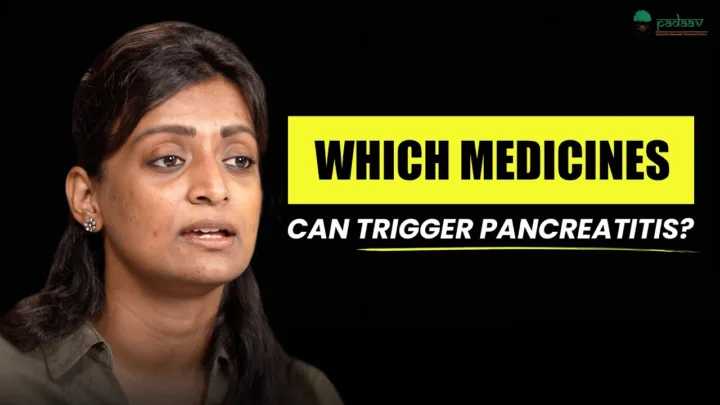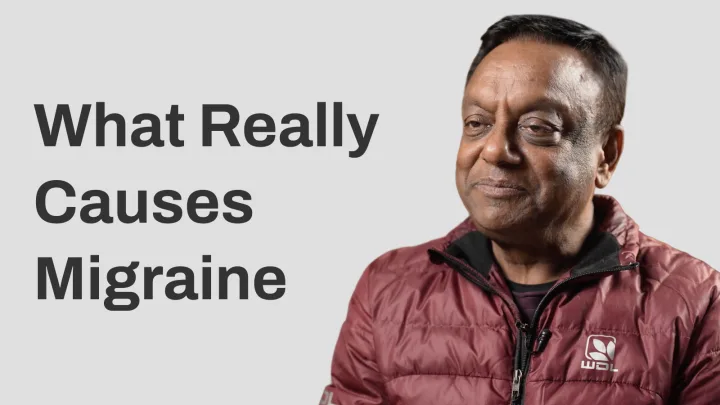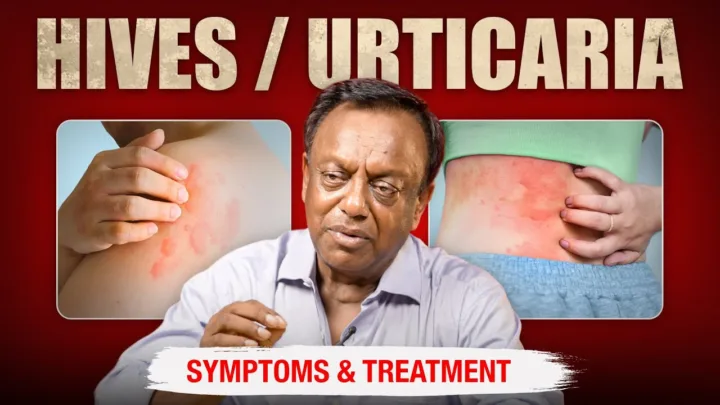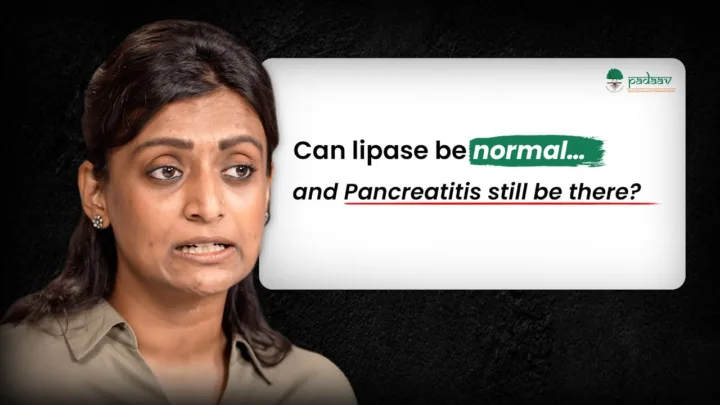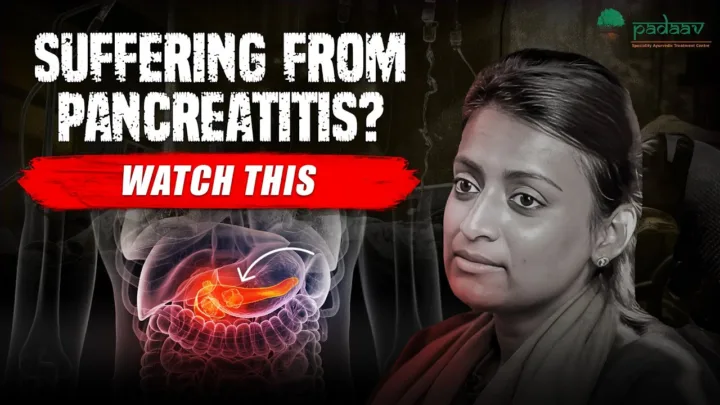The word “cancer” often evokes fear, a sense of hopelessness, and a feeling of impending doom. However, according to a leading oncologist, this perception is based on myth rather than fact. In a candid and insightful conversation with Dr. Sajjan Rajpurohit, Medical Oncologist and Vaidya Shikha Prakash, CEO Padaav Ayurveda. Dr. Sajjan sought to demystify the disease, explaining that cancer is not a singular death sentence but a manageable, and often curable, condition that is deeply connected to our modern lifestyle.
What is Cancer? A Simple Biological Explanation
Cancer is not a single disease, but a group of diseases that can affect any part of the body from humans to animals and even plants. To understand it, think of the body as a house built of bricks. Each brick is a cell, and every organ is made of a specific type of cell. Although all the cells have the same genes, different genes are activated in different organs, which is why a liver cell functions differently from a lung cell.
Cancer occurs when a single, normal cell undergoes two crucial steps:
- Uncontrolled Growth: The cell stops listening to the body’s natural signals and begins to multiply uncontrollably, forming a mass called a tumor. If the process stops here, the tumor is considered benign (non-cancerous). Benign tumors can grow large (the oncologist referenced a 50kg tumor being removed) but do not spread to other parts of the body.
- Metastasis (Spreading): This is the second, and most critical, step. The cancerous cell gains the ability to break away from its original location and travel through the bloodstream or lymphatic system to other organs, where it forms new tumors. This is what defines a malignant or cancerous tumor.
The oncologist also categorized cancer into three broad groups: Carcinomas (cancers of the body’s linings, like skin or organs, often spreading through the lymphatic system), Sarcomas (cancers of bones and muscles, spreading through the blood), and Lymphomas/Leukemias (blood cancers that can spread anywhere).
The Unseen Battle: Patient Psychology and Societal Challenges
The oncologist highlighted the significant psychological burden of a cancer diagnosis, particularly in India. Unlike a sudden event like a heart attack, cancer gives a person and their family time sometimes years to manage the disease. Yet, the initial reaction is often one of denial, fear, and anger. This can lead to a dangerous cycle where patients reject the diagnosis, abandon their doctors, and turn to unproven “faith healers,” delaying crucial, life-saving treatment. He noted that in India, a majority of patients are often not told their diagnosis directly, to protect them from the shock, which is not an ethically sound practice.
He also pointed out the systemic challenges in India’s healthcare system, including:
- Treatment Delays: Despite world-class facilities, long waiting times in some public hospitals for radiation and surgery (up to 4 months) are a major issue. He noted the irony that some Indian centers offer the fastest cancer treatment in the world (starting in 3-4 days compared to 2-3 weeks in the West), yet many in rural areas lack access.
- Lack of Awareness: Many people are unaware of the importance of health insurance, particularly critical illness riders that cover major diseases like cancer.
- Mindset: The mindset of giving up on life after a diagnosis often leads to a poor quality of life, a stark contrast to the West, where patients live full, active lives for years after a diagnosis.
Pancreatic Cancer: A Deep Dive into a Complex Disease
The pancreas, a vital organ located behind the stomach, plays a dual role: it produces digestive enzymes (the exocrine part) and hormones like insulin (the endocrine part). The oncologist referred to the pancreas as the “unsung hero” of the body a vital organ that gets little attention until something goes wrong.
- Types of Tumors: The most common form (90%) is Adenocarcinoma, an aggressive type arising from the exocrine cells. A less common type (around 10%) is the Neuroendocrine Tumor, which can range from very slow-growing to highly aggressive.
- Diagnosis and Surgical Challenges: A common myth is that a biopsy will cause cancer to spread. The oncologist clarified that this is largely untrue, and modern diagnostic procedures like endoscopic ultrasound (EUS) are safe and crucial for accurate diagnosis. He described the complexity of the Whipple procedure, a major surgery required for pancreatic cancer, explaining that its proximity to major blood vessels can sometimes make the tumor inoperable.
- The Chronic Pancreatitis Link: He noted a significant correlation between chronic pancreatitis and pancreatic cancer. While the majority of people with pancreatitis will not develop cancer, the risk is 5-8 times higher. He emphasized that this should not cause panic but rather encourage vigilance and regular follow-ups.
The Five Pillars of a Cancer-Free Life: A Holistic Prescription
The oncologist’s most powerful message was that prevention and management are within our control. He outlined five key pillars for a healthy life:
- Diet: Focus on a balanced diet with around 40% complex carbohydrates, 25-30% proteins, and 15-20% healthy fats. He emphasized the need to avoid refined foods and prioritize plant-based proteins, as some animal-based proteins can be pro-inflammatory.
- Exercise: A bare minimum of three hours of moderate exercise per week is essential for maintaining a healthy body and reducing inflammation. He cautioned against ati-vyayam(over-exertion), which he considers a stressor on the body.
- Sleep: Six to eight hours of sound sleep is non-negotiable. He added that the “golden hours” of sleep, from 8 PM to midnight, are the most restorative. Sleep is when the body repairs itself, and chronic sleep deprivation is a major source of stress.
- Stress Management: Unmanaged stress is a major contributor to inflammation and disease. The oncologist explained that stress causes the release of inflammatory chemicals called cytokines. While stress cannot be eliminated, the key is to develop a mindful attitude to manage it, rather than letting it manifest in unhealthy habits like smoking, drinking, or emotional eating.
- Purpose: Having a sense of purpose and meaning in life is vital for mental and spiritual well-being. A purposeful life, he explained, adds a crucial layer of resilience, which is essential for fighting disease.
The Future of Healing: A Call for Prevention and Responsibility
Dr. Sajjan concluded with a powerful message about the future of medicine. He believes that integrating the wisdom of traditional Indian practices with the advancements of modern medicine can lead to better outcomes. He urged people to be critical of misleading claims and to prioritize evidence-based science. In a world moving from “serotonin to dopamine,” where instant gratification often replaces inner peace, he advocates for a return to a more balanced and mindful way of living. He ended with a poignant thought, stating, “Cancer is a disease of modernization,” emphasizing that our current lifestyle is directly linked to the rising burden of illness.

